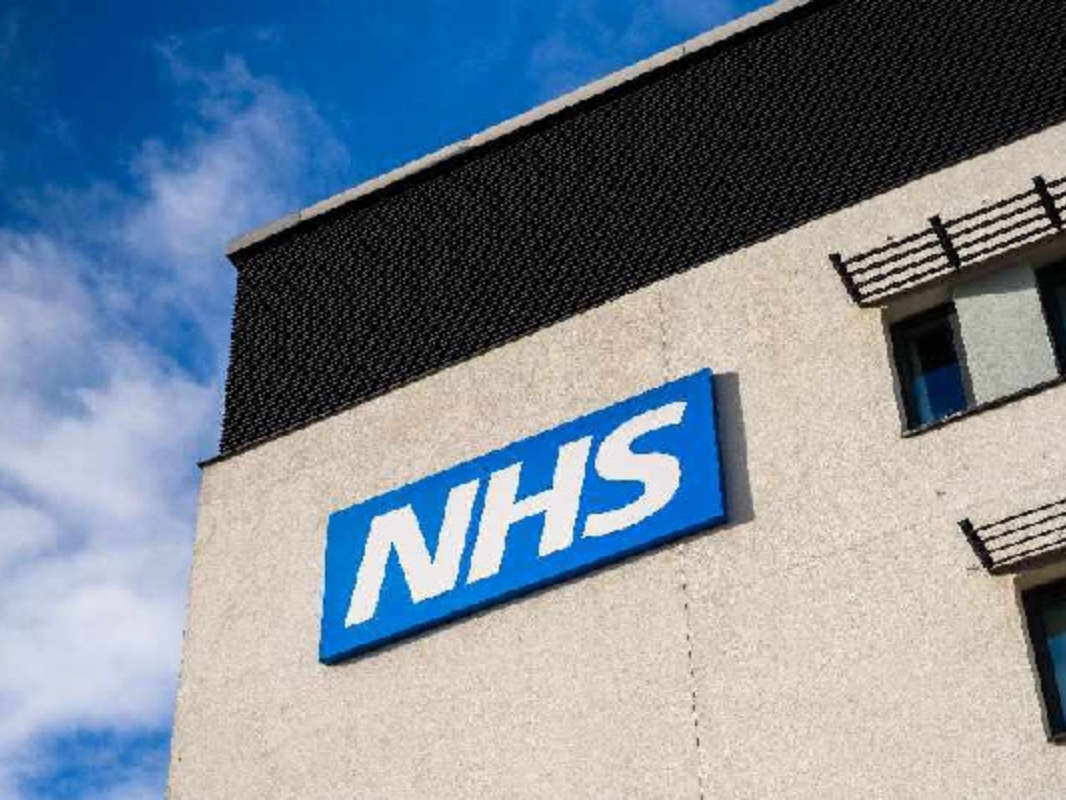
East Sussex councillors have called on NHS leaders to put more resources into the county’s Child and Adolescent Mental Health Services (CAMHS).
On Thursday (June 29), East Sussex County Council’s Health Overview and Scrutiny Committee (HOSC) heard from Sussex Partnership Foundation NHS Trust and NHS Sussex about the work being undertaken to improve the service.
The committee took particular interest in the work being done to improve access and waiting times, which members heard continue to be challenging.
According to the NHS, East Sussex CAHMS has seen significant increase in both the number and complexity of its referrals since September 2020. It is this which has led to a significant increase in waiting times for the service.
John Child, Sussex Partnership’s chief delivery officer, said:
“The overall complexity and acuity of the young people our clinicians are seeing, we feel, has changed significantly since Covid.
“We feel young people are being referred to us [when they are] more poorly, with more complex needs than they previously had been, which therefore takes more assessments and more treatment time.
“In a context of a limited amount of capacity that creates challenges around the waiting list.”
The committee heard about several programmes which are intended to reduce overall waiting times. These include the introduction of a ‘stepped care’ model.
In general terms, such a model refers to a system where patients are given less resource intensive treatments before being ‘stepped up’ to more specialist services if it is considered clinically-necessary.
In East Sussex, this takes the form of family/carer information sessions for new referrals, with advice offered on mental health and wellbeing. Early results from this new approach show that 60 per cent of young people who engage in this form of care are discharged after ‘early’ intervention, having met their goal-based outcomes.
Councillors, however, felt more investment of resources could prove more effective in reducing waiting times.
Alan Shuttleworth, a Liberal Democrat county councillor, said:
“It’s quite clear from your comments, from two or three of you who have referred to just how much pressure you are under.
“I wondered if we should be thinking of terms of some sort observation from this group that somebody needs to be listening to the fact that there needs to be more resource, given the increased problem since Covid, put into supporting children and young people with mental health problems.”
This view was shared by the committee, who agreed to make a recommendation for more resources to be put into the East Sussex team. HOSC is an advisory committee and cannot force the NHS to carry out its requests, however.
Mr Child said:
“I think it is important to say that there has been investment in children’s mental health services, as you can see outlined in the report, it’s just that demand continues to outstrip that.
“I wouldn’t also want to pass the opportunity to flag — even if there were additional investment — the very real workforce challenge that we are all experiencing, whether it is in health or social care or the community and voluntary sector.
“If there was more investment, this is about innovative models of care. The stepped care, the mental health schools approach, the different models to supporting children and young people and their families with neurodiversity, rather than just putting all the resources into a secondary mental health care service.
“I just don’t think we would ever, at this point in time, be able to find the workforce to do it.”
NHS representatives did not give detailed figures for overall waiting times during the meeting.
However, in a response to a recent Freedom of Information request (available on the website WhatDoTheyKnow.com) Sussex Partnership said 4,088 children in East Sussex had been referred to CAMHS between January 1st and December 31st 2022.
Of these, 817 were assessed within one month and 626 within three months. A further 249 were assessed within six months, 86 within 12 months and five who were assessed after more than a year.
The response added that 1,428 of the 4,088 children referred were still waiting for an assessment as of the 27th April 2023. It did not offer an explanation as to the status of the other 877 referrals.
During the meeting, NHS representatives said CAMHS focused its attention on the patients in most need. The waiting time for this cohort, the committee heard, is generally under 13 weeks.
It was acknowledged that patients with less acute needs tend to wait longer, however.

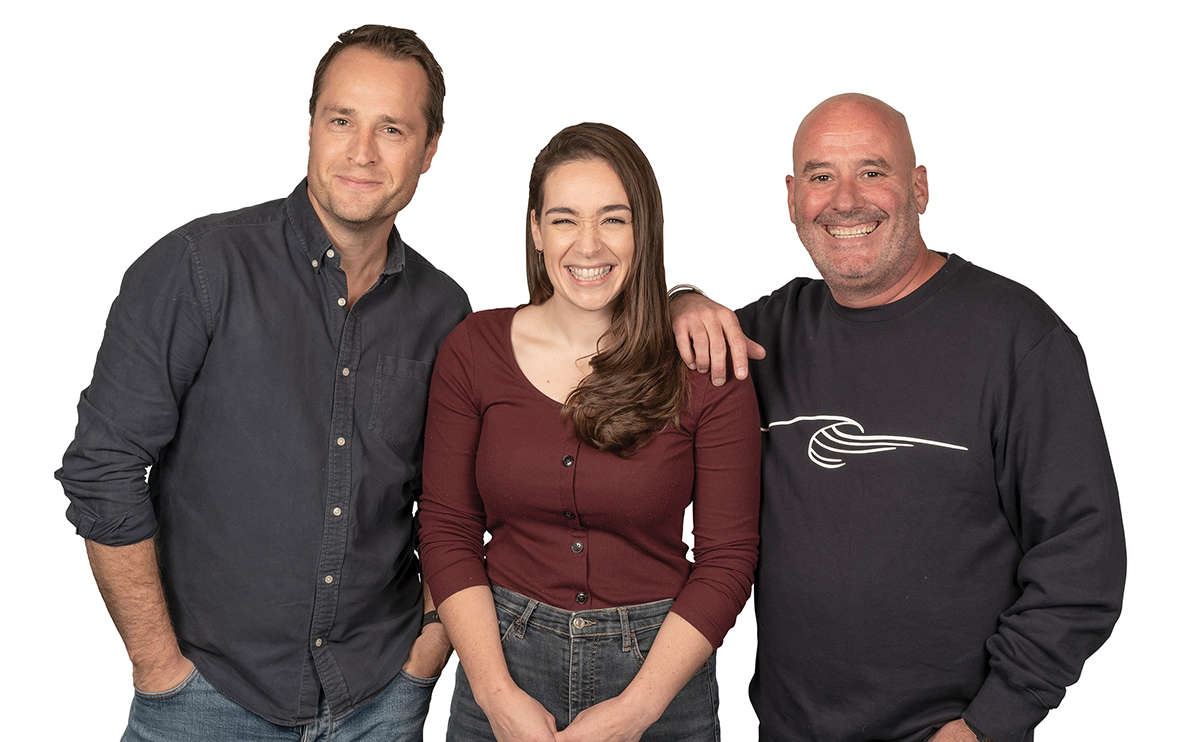
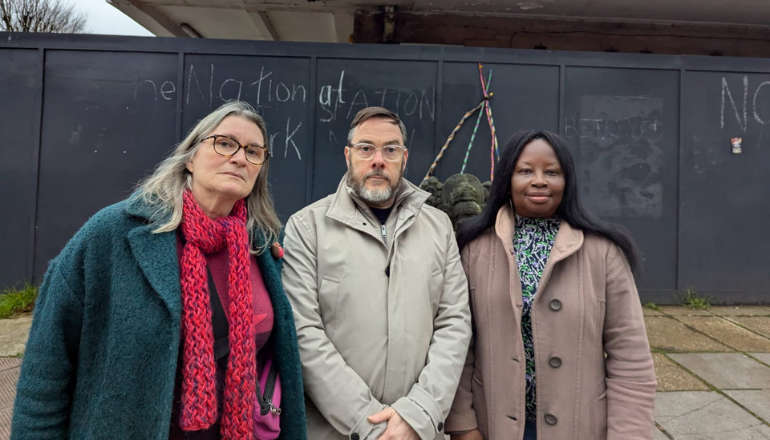 ‘A Kick In The Teeth For Lewes’: Lib Dem MP Expresses Disappointment Over Bus Station Loss
‘A Kick In The Teeth For Lewes’: Lib Dem MP Expresses Disappointment Over Bus Station Loss
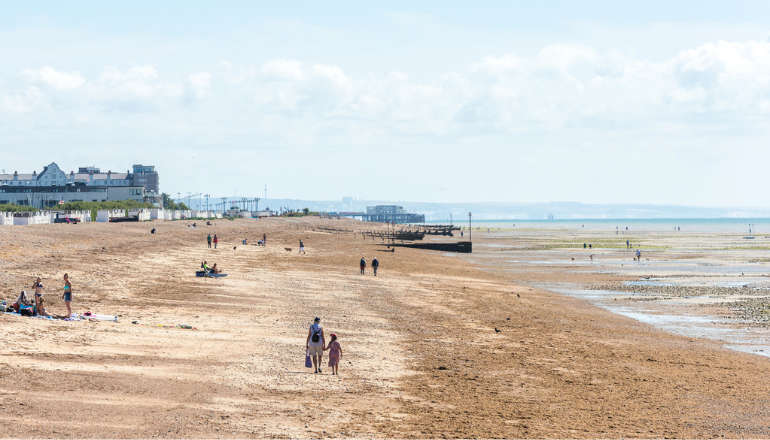 Results For Worthing’s Bathing Water Sites Revealed
Results For Worthing’s Bathing Water Sites Revealed
 £100,000 Robbery Of Bexhill Mobile Phone Store
£100,000 Robbery Of Bexhill Mobile Phone Store
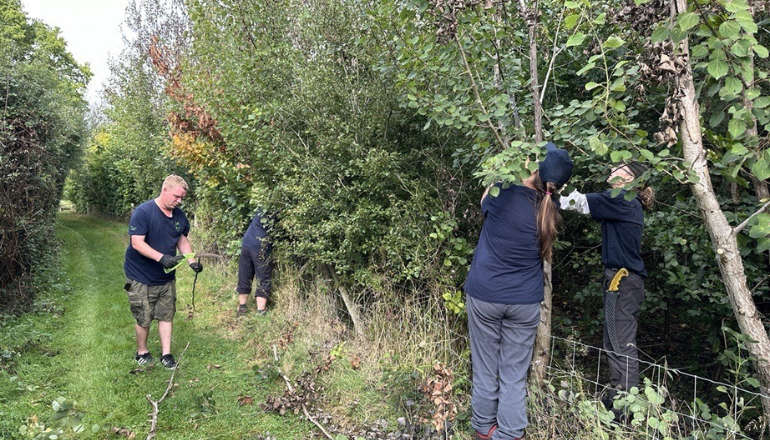 Organisations In Wealden Receive Funding To Help Tackle Inequalities In Physical Activity
Organisations In Wealden Receive Funding To Help Tackle Inequalities In Physical Activity
 Festive Children’s Stories Brought To Life With Interactive Story Session
Festive Children’s Stories Brought To Life With Interactive Story Session
 Jail Time For Shop Owner Who Sold Illegal Tobacco
Jail Time For Shop Owner Who Sold Illegal Tobacco
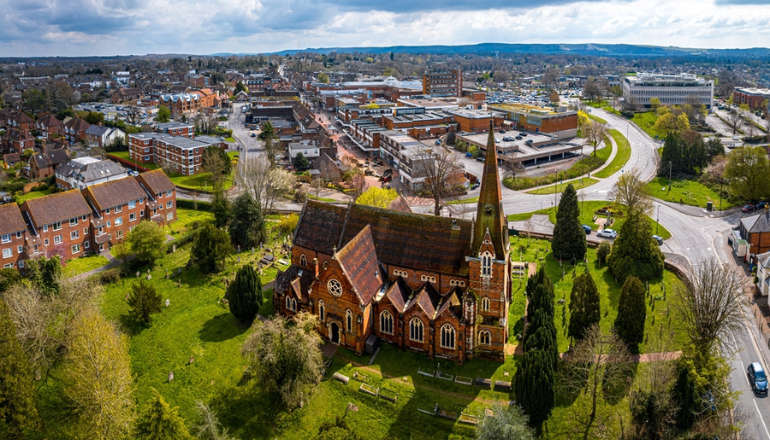 Funding Boost For Community-Led Waste Prevention Projects In West Sussex
Funding Boost For Community-Led Waste Prevention Projects In West Sussex
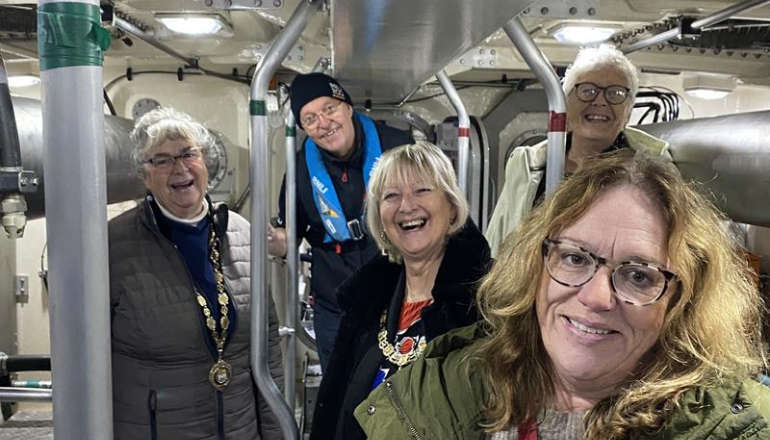 Newhaven RNLI Welcomes Quartet Of Mayors To Share Gratitude
Newhaven RNLI Welcomes Quartet Of Mayors To Share Gratitude
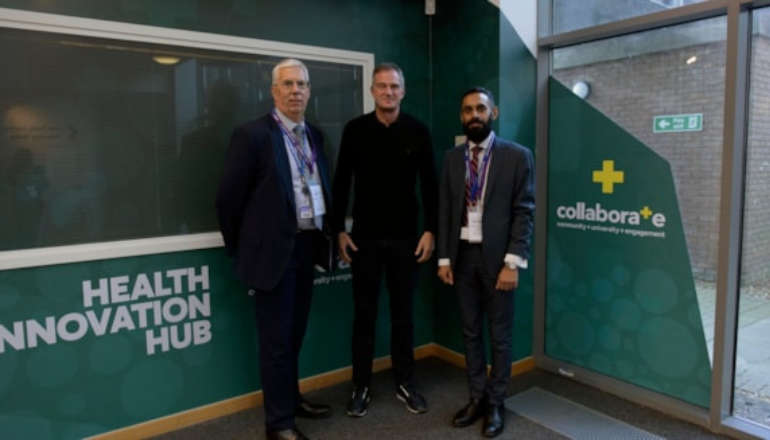 University Of Brighton Launches Health Innovation Hub To Tackle Health Challenges
University Of Brighton Launches Health Innovation Hub To Tackle Health Challenges
 New Residential Care Home For Disabled Children In Brighton
New Residential Care Home For Disabled Children In Brighton